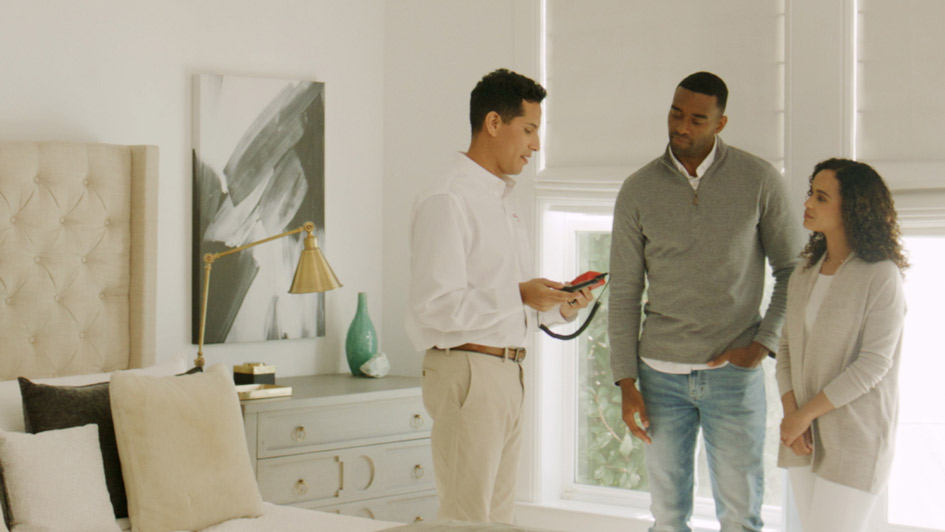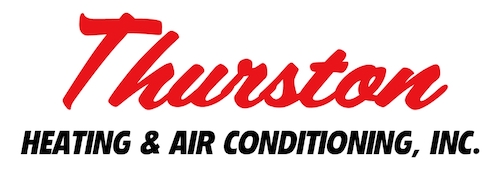
Even when temperatures are just right indoors, some homeowners find their sense of comfort isn’t satisfactory. The usual issue is poor indoor air quality, with allergens and airborne debris causing a number of problems. From triggering asthma to fostering mold, improving air quality should be an integral part of your overall HVAC plan.
Fortunately, there’s a solution readily available. Whole-house air purifiers can remove these airborne particles, for better health and well-being. And as the name implies, they’re capable to do so for the whole house! Installing an air purifier with help from Thurston Heating & Air Conditioning could be just what you need to address those lingering comfort problems.
But wait, aren’t there portable air purifiers you can use instead? Even though the principle is the same Is the Better Investment
Cost remains a priority, and many homeowners view the cost of a portable air purifier as a key plus. But if your comfort goal is the best possible indoor air quality, the effectiveness of whole-house air purification becomes evident:
- A single system ensures clean air throughout your home: You won’t have to drag a portable purifier around from room to room since whole-house models are powerful enough to remove pollutants across your entire home.
- Far more economical over time: Rather than having to invest in several purifiers for each area, a single, whole-house air purification system protects air quality for a very long time. This same reliability also stops dust and debris from reaching the rest of your HVAC system, as this could improve the efficiency of your HVAC system as a whole.
- Reduced upkeep needs due to fewer filter clogs and lower pollution levels: Clogged air filters are one of the most common reasons you notice problems with your HVAC system’s effectiveness. Air purifiers help keep these filters from clogging to begin with thanks to their innovative design. For example, air purifiers with a HEPA filter give you access to top-notch filtration for residential properties.
For a Typical Household, Look for MERV Ratings Around 8
The Minimum Efficiency Rating Value (MERV) system was developed to help homeowners get a clearer idea of the degree of air filtration they’re considering. While a higher MERV rating means more filtration, that isn’t necessarily something your average home requires.
The scale goes up to 20, but this is unnecessary outside of specialized facilities like the surgery theater in a hospital. For a typical family’s use, a MERV rating of 8 is usually enough. The air quality experts at Thurston Heating & Air Conditioning can help you figure out precisely which option will adequately fulfill your needs.
